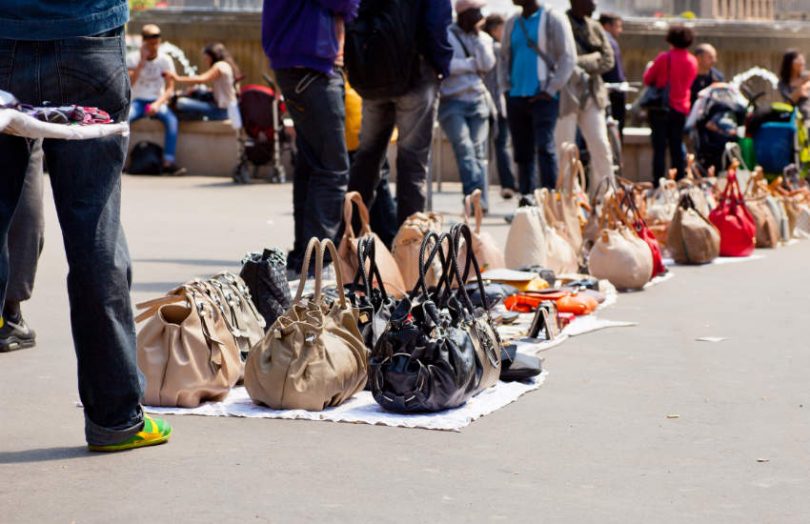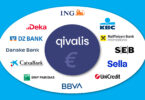The European Union Intellectual Property Office (EUIPO) first started looking at blockchain technology to combat counterfeits back in 2018. Creating digital twins of products enables wholesalers, retailers, customs authorities and consumers to confirm that an item is authentic with blockchain holding the immutable record in the background.
Anti-counterfeit has been one of the more obvious blockchain applications from the early days. That’s to ensure drugs are originals, a plane doesn’t fall out of the sky because of fake parts, or a Louis Vuitton bag is a genuine item. Imagine if that baby formula is a knock-off and contaminated? Both Danone and Kraft Heinz use blockchain to give mothers peace of mind.
As much as 5.8% of EU imports from third countries are fakes. According to a EUIPO survey, nine percent of EU citizens in 2020 were duped into buying a counterfeit item, but as many as a third had doubts about a product’s authenticity.
Article continues …

Want the full story? Pro subscribers get complete articles, exclusive industry analysis, and early access to legislative updates that keep you ahead of the competition. Join the professionals who are choosing deeper insights over surface level news.






